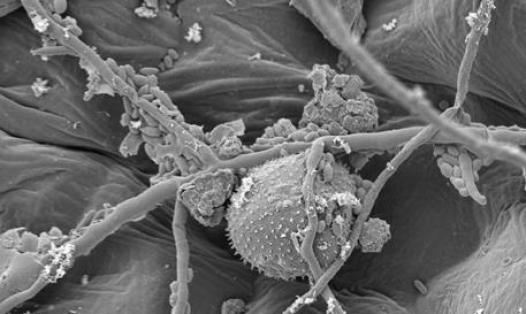


Bacteriophages are specialised nanomachines, delivering DNA payloads to specific types of bacteria via distinct interconnected parts. These parts are exchangeable: Any phage could be re-targeted to deliver DNA to any desired bacterial cell type. Although normally delivering instructions to copy itself, phages can be directed to deliver any genetic circuit to a bacterium. Artificial circuits could reprogram a cell’s repertoire with applications in microbial control, microbiome enhancement, or bioremediation. Following a previous LIDo DTP studentship, this project seeks to build on successes in phage nanomachine customisation, and extend novel payload concepts. We also seek to explore firewalling via cell-free approaches.